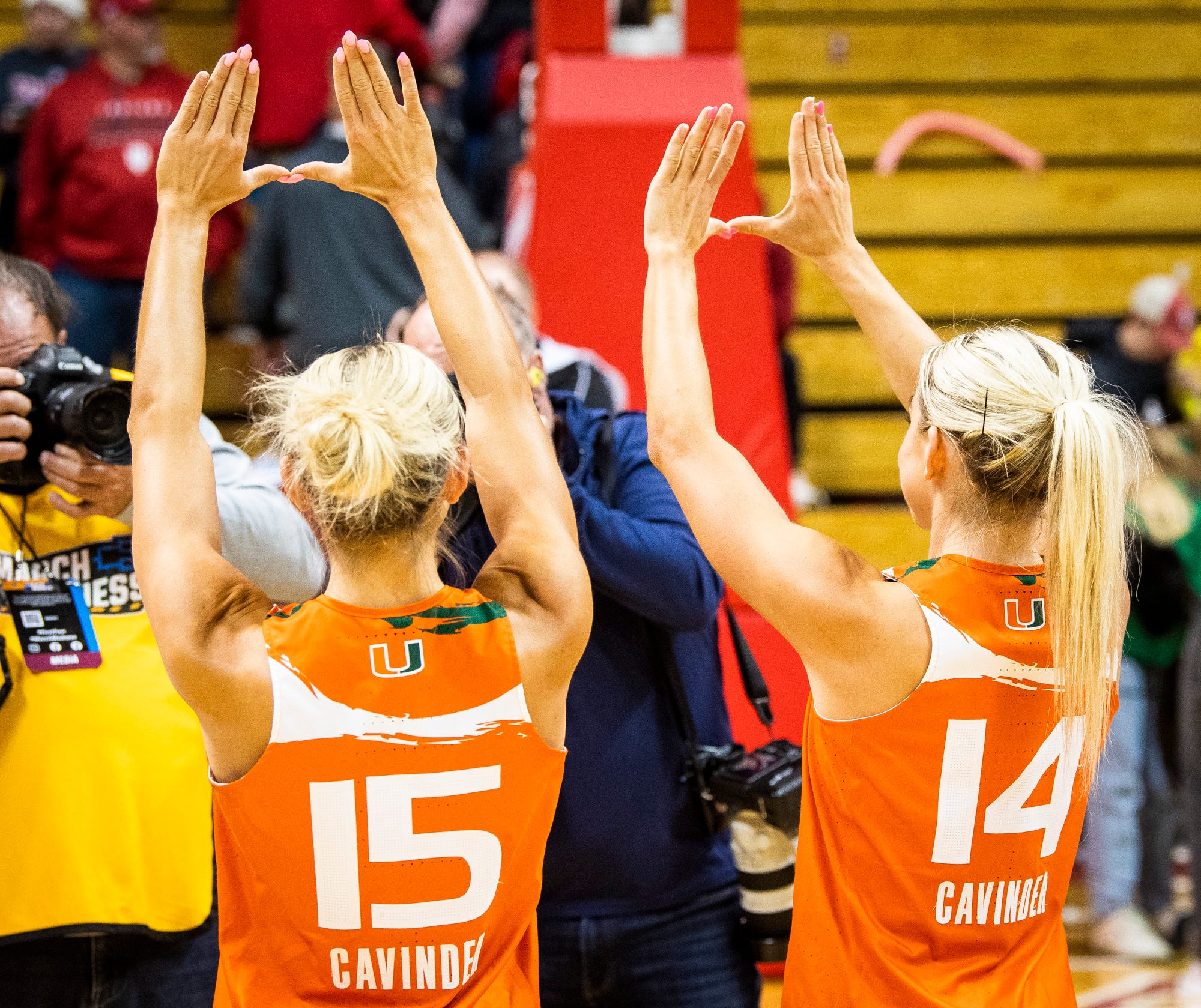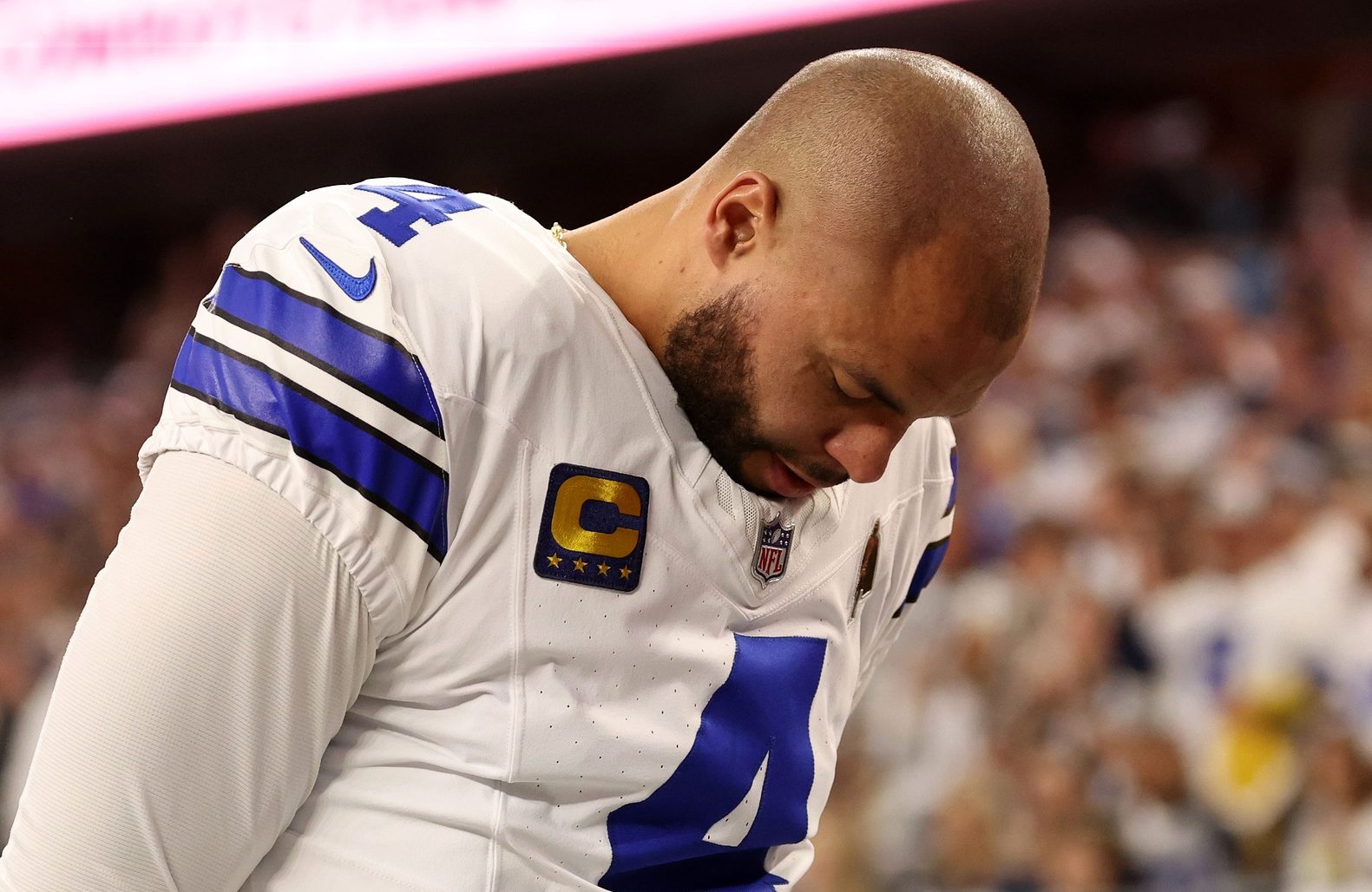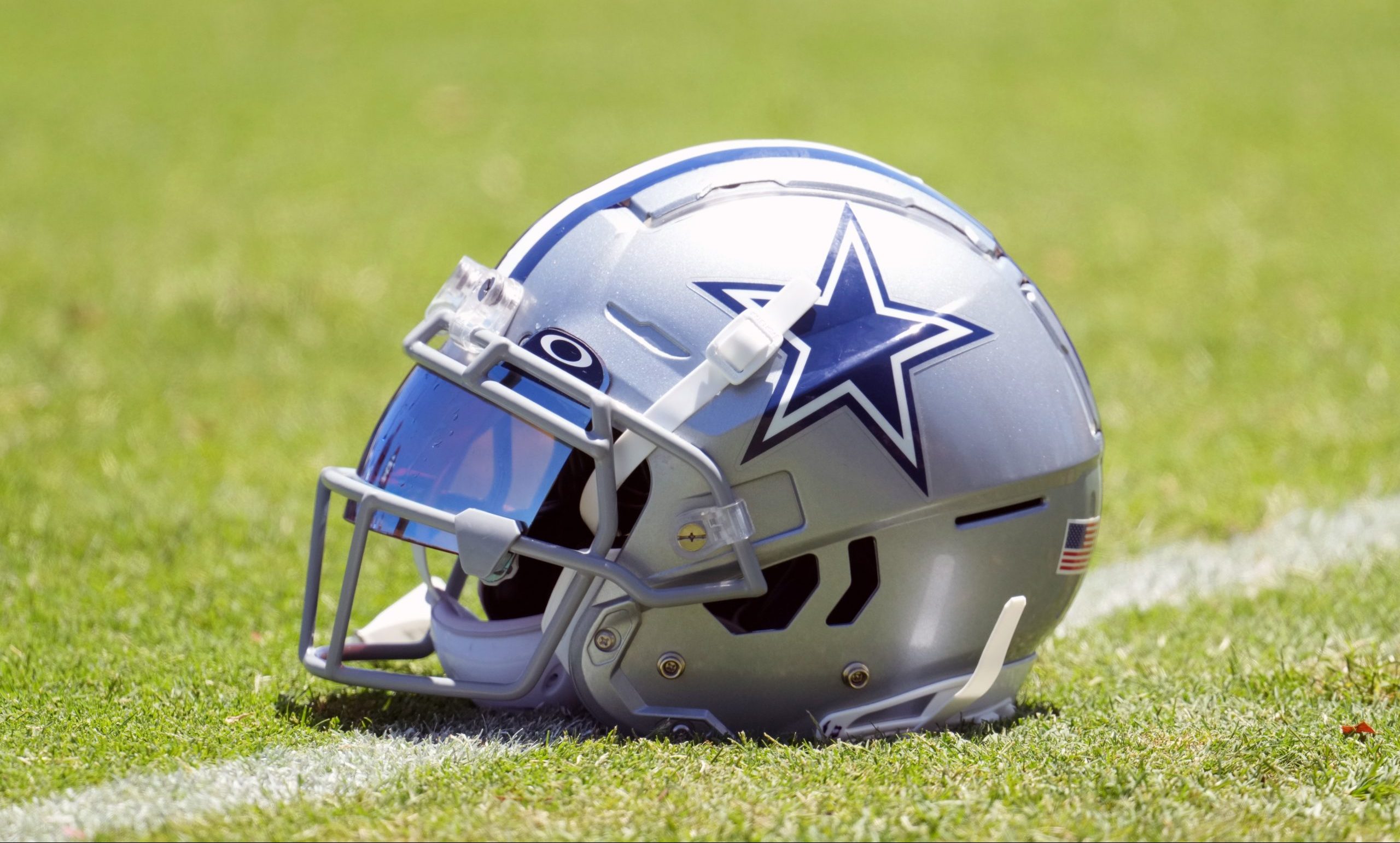Point shaving is wrong. Impermissible benefits are wrong. Child molestation is horrifyingly and disgustingly wrong. Death Penalty: Two words that will make a grown man run and hide, or faint if you were NCAA lead investigator David Berst in 1987 delivering the infamous message to the Southern Methodist faithful. Penn State football may or may not join the exclusive club of Southern Methodist football and Kentucky basketball as major programs with serious stains on their legacies but regardless their circumstances should never be compared. The severity of their heinous crimes and recovery measures that await cannot be matched.
The breaking of the Jerry Sandusky story in 2011 certainly hit the world like a ton of bricks and his subsequent conviction last month was powerful but Louis Freeh’s investigation report release yesterday might have been the heaviest blow thus far. And if Penn State officials thought they already had publicity concerns in 1998, they are now entering unchartered territory. A look back over the most notorious acts committed by or within major college athletic departments reveals nothing like the Jerry Sandusky cover-up. The point-shaving scandal at the University of Kentucky in 1951 under legendary coach Adolph Rupp, earning the program a death penalty conviction for the 1952-53 season, was catastrophic but no one was physically abused, with the program easily recovering from the penalty. The SMU impermissible benefits scandal from the mid-1970s through the mid-1980s shook the college football world and while no one was physically battered, their reputation as a premier program was forever destroyed.
The Penn State situation is terribly unique but the long road to recovery could mirror that of South Methodist’s. However, Bill O’Brien and Nittany Lion nation is praying for a much shorter bowl hiatus. Damage control in higher education is quite delicate and regardless of what University officials say, this event is definitely a University-wide issue, not just Jerry Sandusky’s recklessness. Higher education relies heavily on reputation, which is not mutually exclusive with private funding; something that Penn State University obviously did not lose a step in during the last fiscal year. Although it was arguably the most embarrassing year in the University’s 158 year history, they received $207.8 million in private donations, their second largest effort ever. Despite this unexpected effort, the University must clean house, even more so than those four already dismissed: President Graham Spanier, Vice President Gary Schultz, Athletic Director Tim Curley, and Head Coach Joe Paterno. Additional loose ends on the payroll could cause and infinite amount of additional damage.
Certain universities’ academic reputation piggybacks on the on-field success of their various athletic programs. Upon winning a BCS National Championship or making a NCAA Tournament Cinderella run, admission applications skyrocket the following academic year. For example, while the University of North Carolina is a premier academic institution and has been for decades, it is difficult to imagine their continued prestige without the likes of Dean Smith, Michael Jordan, or more recently Roy Williams. This elite status was not present at South Methodist prior to their death penalty ruling, which even further dropped both their academic status and athletic prestige.
The death penalty is unlikely for Penn State University but we have already seen their football recruiting take a mega hit as they lost multiple elite recruits from the 2012 class in the wake of the damning evidence. They were able to retain a handful of prospects and new coach Bill O’Brien has secured another fourteen players for 2013, but will we see another mass exodus after Freeh’s report has been dissected? It might be in the University’s best interest to clean house on anyone that had even the slightest inclination of the events that occurred in State College over the last two decades in order to avoid repeated investigation releases and further testimonies. It is immensely complex to predict the continued fallout and while we can look to past violators for comparable outcomes, this situation is one in itself.
While cleaning house will certainly rid the University of any violators, another step is to ensure anyone representing Penn State University in the media speaks in a logical, appropriate, and truthful manner. That starts with the son of the late Joe Paterno, Jay, who has unofficially been the family’s spokesman and is beginning to turn heads with his comments.
In an interview with ESPN Jay stated, “This episode is one chapter in a very very big life, a life that was led with integrity, honesty and commitment to this university.” Supporting your late father is understandable and justifiable but these comments along with others made during this interview and during the course of the investigation only further encourage others to create a powerful opinion of what was really happening at Penn State University. The University must remove Jay Paterno from the vice gripe-like hands of the media and arena of public opinion before he causes more damage with foolish and ignorant comments.
Removing Joe Paterno’s son from the spotlight is step one in a long line of delicately complex steps. There is no blueprint. There are no comparable situations. There is not even a single person to give reasonably coherent advice to the leaders in the wake of the biggest scandal in the history of college athletics.
By Andrew Doughty
Image: Mark Wilson/Getty Images






